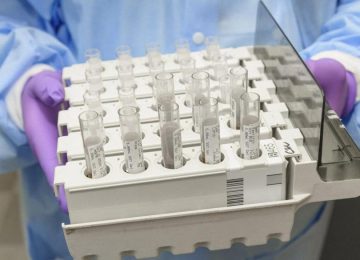
Clinical Chemistry Tests
Clinical chemistry refers to the biochemical analysis of body fluids. It uses chemical reactions to determine the levels of various chemical compounds in bodily fluids.
Several simple chemical tests are used to detect and quantify different compounds in blood and urine, the most commonly tested specimens in clinical chemistry.
OUR RESEARCH
The Special Chemistry Laboratory in the Department of Pathology and Cell Biology provides high complexity, non-automated, biochemical testing.
In contrast to automated, general chemistry assays, special chemistry testing involves more complex procedures encompassing the pre-analytical, analytical, and post-analytical testing phases. .
The most common specimens used in clinical chemistry are blood and urine. Many different tests exist to detect and measure almost any type of chemical component in blood or urine. Components may include blood glucose, electrolytes, enzymes, hormones, lipids (fats), other metabolic substances, and proteins.
Chemical pathology brings together science and medicine. By understanding the chemistry of bodily fluids and monitoring these, laboratory professionals can tell whether a patient’s organs are working properly, diagnose diseases and recommend treatment. For example high glucose levels in blood may be a sign of diabetes.
The function of clinical chemistry and laboratory medicine is to perform qualitative and quantitative analyses on body fluids such as blood, urine, spinal fluid, faeces, tissue and other materials.

